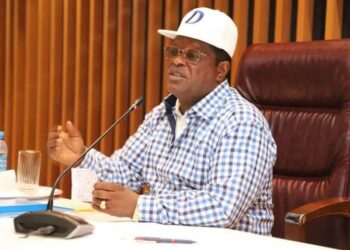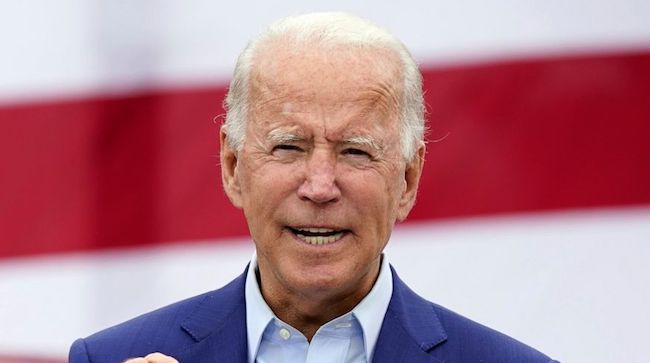Nigeria expects objections to Shell’s proposed sale of onshore oil assets to a consortium of local companies to be resolved soon, a presidential adviser said on Wednesday.
Olu Verheijen, special adviser to President Bola Tinubu, told Bloomberg that the concern raised about the deal would be addressed soon.
“I am sure that in short order it will be resolved with the regulator in a way that addresses our objectives to continue to accelerate exits for international oil companies,” Verheijen said.
Shell’s proposed sale of its onshore oil and gas assets in Nigeria to Renaissance – a consortium of four exploration and production companies in Nigeria and an international energy group, has been under review by the Nigerian Upstream Petroleum Regulatory Commission (NUPRC) since January.
The NUPRC is reportedly concerned about the consortium’s financial capacity and technical expertise to manage the assets.
“Nigeria’s government wants to ensure that smaller companies that take over fields from major oil producers can invest adequately,” Verheijen said.
“For the independents who are coming in onshore, we want to make sure that they align with our objectives of rapidly growing production,” she said. “They need to ensure that there is a technical and financial capacity and that some of the obligations that need to be addressed are being addressed.”
Shell has been seeking to divest from its onshore assets in Nigeria for several years.
Read also: Shell/Renaissance deal setback exposes crack in Nigeria’s oil industry
Indigenous Nigerian oil producers currently pump about 10 percent of national output and have invested billions of dollars in the past 10 years to position themselves for growth, and to play a bigger role in the sector dominated by International Oil Companies (IOCs).
There are at least 50 small to mid-sized Nigerian producers pumping between 1,000 and 100,000 barrels each day.
Some local firms, including Seplat, First E&P and Heritage have managed to raise production and reduce oil spills on assets purchased from Shell.
BusinessDay’s findings showed the Renaissance consortium comprises some of Nigeria’s most respected upstream companies such as ND Western, Aradel Energy, First E&P, and Waltersmith, all local oil exploration and production companies with demonstrated track records of redeveloping mature assets in the Niger Delta.
Individually, each of Renaissance’s shareholders has also demonstrated an ability to operate in Nigeria and maximise domestic value creation. Aradel Holdings has grown an integrated oil, gas and refining business around Ogbele that has continued to expand over the years.
Waltersmith follows a similar pattern as the operator of the producing Ibigwe marginal field and the Ibigwe modular refinery.
First E&P successfully commissioned the Anyala-Madu shallow water hub in 2020 and is working with Dangote on achieving the first oil at the Kalaekule Field soon.
Dipo Oladehinde is a skilled energy analyst with experience across Nigeria's energy sector alongside relevant know-how about Nigeria’s macro economy. He provides a blend of market intelligence, financial analysis, industry insight, micro and macro-level analysis of a wide range of local and international issues as well as informed technical rudiments for policy-making and private directions.

 3 hours ago
5
3 hours ago
5








